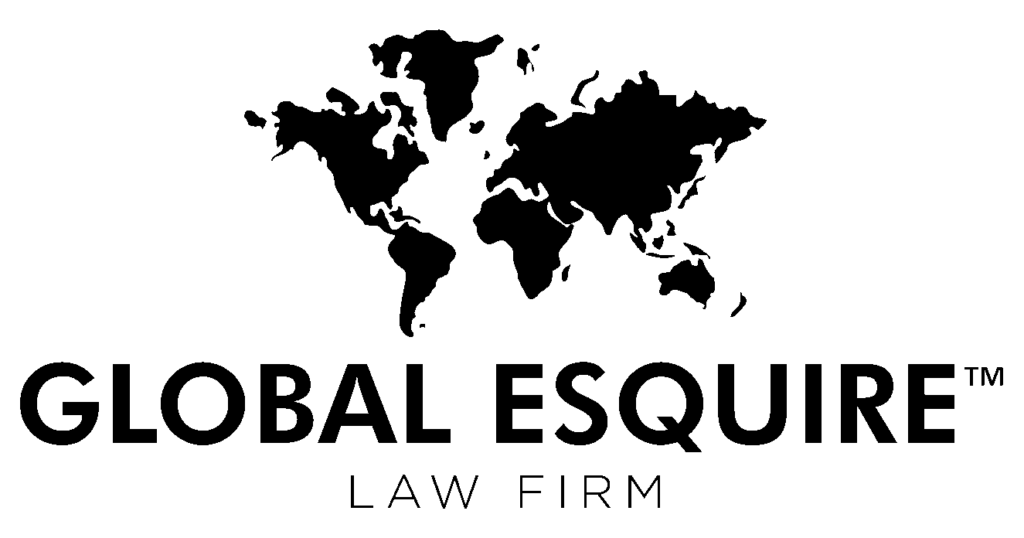For Extraordinary Ability Individuals
Are You Eligible for an O-1 Visa?
To qualify for an O-1 visa, you must be able to prove that you have extraordinary ability in one of the following fields: Science, Art, Education, Business, or Athletics.
- Determine Eligibility
- About O-1
- O-2 Visas for Support Personnel
- O-3 Visas for Spouses and Children
- Contact Us
There are two types of O-1 visas, O-1A visas and O-1B visas, and the eligibility requirements are different for each one.
O-1A visas are available for individuals with extraordinary ability in the sciences, education, business, or athletics.
O-1B visas are available for individuals with extraordinary ability in the arts or the extraordinary achievement in the motion picture or television industry.
The O-1A Eligibility Requirements
To qualify for an O-1A visa, you must prove that you are among the top of your field in Science, Education, Business or Athletics, either by receiving a major, internationally recognized award (such as a Nobel Prize, Pulitzer Prize or Olympic Medal), or, as is the case for most people, by providing a sufficient amount of compelling documentation meeting at least 3 of the following 8 criteria:
Awards: Receipt of lesser nationally or internationally recognized prizes or awards for excellence in the your field.
Memberships: Membership in associations in your field that require outstanding achievements of their members.
Published Articles Written by Others About Your Work: Published material in professional or major trade publication or in the major media about the alien and relating to the alien’s work in the field of endeavor.
Peer Review Activities: Participation as a judge (individually or as a part of a panel) of the work of others in the alien’s field.
Original Contributions: Evidence of your original scientific, scholarly, or business-related contributions of major significance in the field.
Published Scholarly Articles Written by You: Authorship of scholarly articles in the field, in professional journals or other major media.
Critical Capacity: Performance in a critical or essential capacity for organizations with distinguished reputations.
Comparatively High Salary: Evidence that you have commanded a high salary or other significantly high compensation for services in relation to others in your field.
If the above criteria do not readily apply to your occupation, comparable evidence may be submitted to establish your O-1 visa eligibility.
The O-1B Eligibility Requirements
If you work in an artistic field, you must show that you have acquired “distinction” in your artistic field, which means a high level of achievement as evidenced by a degree of skill and recognition substantially above that ordinarily encountered to the extent that the person.
If you work in the motion picture or television industry, you must show that you have a very high level of accomplishment evidenced by a degree of skill and recognition significantly above that ordinarily encountered.
You can qualify for an O-1B visa by showing that you have been nominated for, or received, a major, national or international recognized award (such as an Academy Award, an Emmy, a Grammy, or a Director’s Guild Award). Even if you haven’t received any of these major awards, you can still qualify for an O-1B visa if you can provide documentation meeting at least 3 of the following 6 criteria:
Leading Role in Productions/Events: You have been or will be performing a lead or starring role in productions or events which have a distinguished reputation (as evidenced by critical reviews, advertisements, press releases, publications contracts, or endorsements).
Critical Reviews: Critical reviews or other published material in professional or major trade publication or in the major media about you which show that you have achieved national or international recognition for your achievements;
Leading/Critical Role for Organizations: Evidence of performance in a lead, starring or critical role for organizations with distinguished reputations.
Major Commercial Success: Evidence of a record of major commercial or critically acclaimed successes in the performing arts, as shown by box office receipts or record, cassette, compact disk, or video sales.
Significant Recognition: Evidence of significant recognition for achievements form organizations, government agencies, or other recognized experts in the field.
Comparatively High Salary: Evidence of having commanded a high salary or other significantly high remuneration for services in relation to others.
If you work in an artistic field and the above criteria do not readily apply to your occupation, comparable evidence may be submitted to establish your O-1 visa eligibility. However, if you work in the motion picture or television industry, you may not rely on comparable evidence to establish eligibility.
Is Employer Sponsorship Required?
Yes. An O-1 application must be filed by a U.S. employer or agent on your behalf. You cannot file your own O-1 application independently. Once approved, your O-1 status allows you to work only for your sponsoring employer.
How Long Can I work in O-1 Status?
In your initial O-1 visa application, your employer can request that you be granted work authorization for a period of up to 3 years to complete a project, event or performance in your field of extraordinary ability.
Can My O-1 Status be Extended?
Yes. Your O-1 status may be extended an unlimited number of times, in one-year increments, as long as your employer can show that you continue to perform activities related to the project, event or performance.
What are the Government Filing Fees for an O-1 Visa Application?
O-1 Filing Fee (Form I-129): $460
Premium Processing Filing Fee (optional): $2,500*
*An employer has the option to request expedited processing (15 days or less) of an O-1 application for an additional fee of $2,500.
What are the Attorney Fees for an O-1 Visa Application?
O-1 Attorney Fee: $7,500
These attorney fees are flat fees that covers all legal services provided in support of your O-1 visa application.
Who Has to Pay the O-1 Visa Application Fees?
The government filing fees (including premium processing) and attorney fees for your O-1 visa application can be paid either by you or your employer. Unlike other employment-based work visa categories (such as H-1B), your employer is not required by law to pay the filing fees and attorney fees for your O-1 visa application.
What are the Processing Times for an O-1 Visa Application?
O-1 application processing times can vary between 3-6 months.
View current USCIS processing times here »
Expedited processing (15 days or less) can be requested with the payment of an additional premium processing fee of $2,500.
Do you think you may qualify for an O-1 Visa? Find out now. It’s easy and it’s free!
If you are an O-1 athlete or artist, individuals who accompany you to assist with a specific event or performance may be eligible for O-2 visas.
If you obtain O-1 status, your spouse and children (under age 21) can obtain O-3 visas to accompany you to the U.S. The spouse and children of your support personnel may also obtain O-3 visas. O-3 status does not provide work authorization.
Phone: 1888-429-4789
Email: info@globalesquire.com
Location: 8 W. 126th Street, New York, NY 10027
Represented lender on a $125,000,000+ refinancing of various credit facilities for a multinational manufacturer with assets located across Canada and in the United States.



